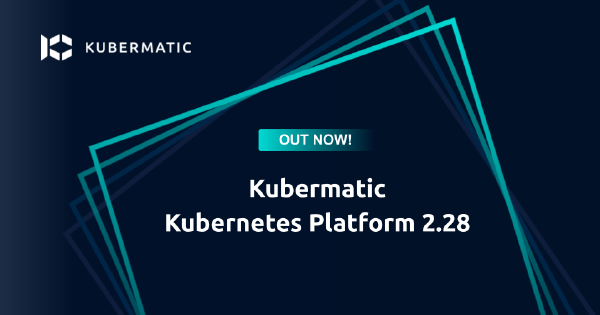


Digital Transformation Starts in Your Head!
Digital transformation begins with a mindset shift. Discover how embracing change, fostering openness, and maintaining clarity can drive successful transformation.

Why Securing Containers Feels Like Renovating Your Home
Guard your digital fortress with a strong security framework, patch vulnerabilities to prevent breaches, reinforce your defenses with updates, and monitor continuously for optimal performance.

AI and Machine Learning Integration into Kubernetes: Trends, Challenges, and Best Practices
Discover the latest trends, challenges, and best practices for integrating AI and machine learning into Kubernetes. Learn how to optimize scalability, flexibility, and automation for AI/ML workloads.

IoT and Kubernetes: Is a Happy Marriage Possible?
Kubernetes is becoming increasingly significant. Explore the connection between Kubernetes, Edge computing, and networking within the concept of Industry 4.0.

Understanding the NIS 2 Directive: How Kubermatic is Leading the Way
Understand what is the NIS 2 Directive and how Kubermatic is dedicated to staying ahead in helping organizations meet its stringent requirements.

Containers Also Need Backups
Learn how you can expand your container approach and build a reliable backup strategy with KKP

Beyond the Hype: Unveiling Real-World Container Use Insights
Explore real-world insights on containerization, revealing both successes and lessons learned.

Hannover Messe 2024: Safe Cobots and Swift Containers
Discover the latest innovations from under-the-radar companies at Hannover Messe 2024

VMware: The Death of An Industry Standard
Discover how companies are navigating the aftermath of Broadcom’s VMware license termination and price hikes.

Exploring Containers and Edge Computing: Navigating the Challenges and Solutions
Explore the transformative power of Edge Computing and Kubernetes.

Living on the Edge: Exploring KKP Revolutionary Edge Provider
Discover the Future of Edge Computing with KKP’s Revolutionary Edge Provider

Container Security - What Matters
Navigate through practical advice on minimizing attack surfaces, securing Kubernetes API, and implementing robust security controls.
